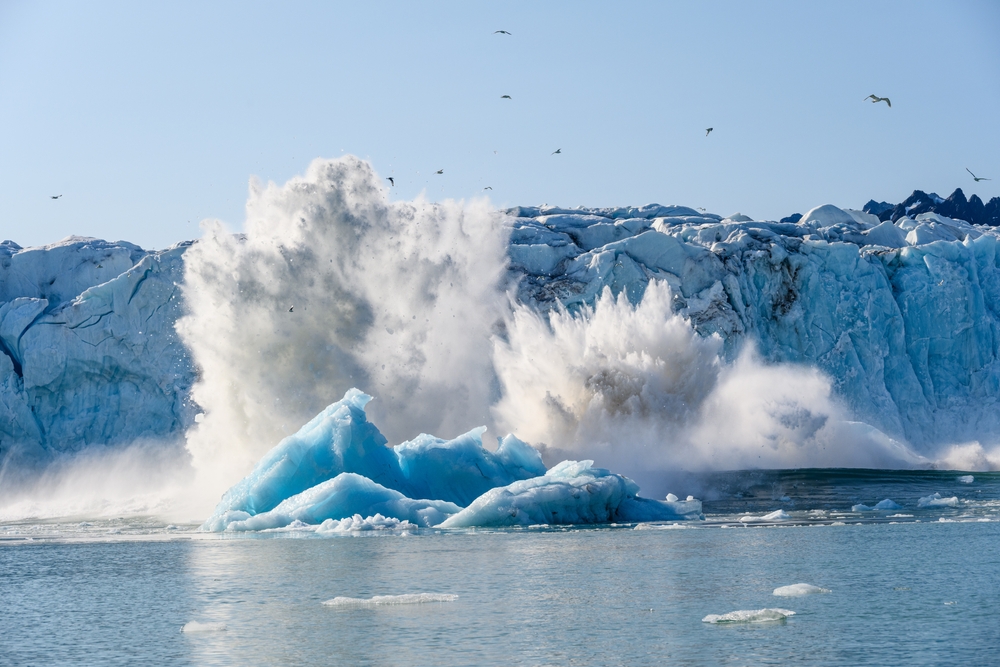A study led by researchers at the Barcelona Institute of Global Health (Isglobal) used a new approach to elucidating the impact of Arctic Ocean ice loss on the Earth’s climate, separating it from other factors related to climate change.
This study shows that on a decade-long timescales Arctic ice loss prefers the Southwest US climate, with California, particularly drying on average in winter.
This phenomenon also affects the climates of Spain and Portugal, supporting high winter humidity conditions, but in this case the observed effect is weak.
Ivana Cvijanovic, researcher at Isglobal and lead author of the study, explained: So far, many studies have focused on long-term impacts for centuries.
“Other people investigate responses to sea ice losses in modeling setups that impose artificial heat to melt sea ice, potentially affecting the simulated response.”
Isolate the effects of Arctic Ocean Ice Loss
Some studies have simultaneously altered Antarctic and Arctic sea ice cover, making it difficult to identify individual contributions.
However, this study focused on the effects that occur within decades and developed a method to assess the effects of Arctic ice losses without adding heat flux.
To reach these conclusions, the team used three models of varying complexity. In each of them, they performed two pairs of simulations, with a historic amount of sea ice in the Arctic, with another pair significantly decreasing.
The disappearance of sea ice changes the reflectivity of the surface albedo, or Arctic Ocean, but also removes insulation between the atmosphere and the sea surface, affecting the salinity profile.
These local changes drive a variety of atmospheric and oceanic teleconnections that can propagate far from the Arctic.
Climate impacts in the southwestern US and the western Mediterranean
Desislava Petrova, researcher at Isglobal and last author of the study, commented:
“In addition to the loss of ice cover in the Arctic, many other factors respond to greenhouse gas emissions and affect the climate (atmospheric and ocean feedback and circulation changes, Antarctic sea ice loss, vegetation feedback).
“In any case, understanding the effects of this phenomenon individually will help improve global forecasts.”
Insights into the long-term impact of Arctic Ocean ice losses
It is interesting to note that despite all the different effects on our planetary climate system, anomalies in atmospheric circulation patterns over the past few decades have shown some impressive similarities to the patterns simulated in our studies.
In particular, events such as the 2012-2016 California drought seem to be on par with the results of the research.
Overall, this indicates that the impact of Arctic Ocean ice losses is severe worldwide, contributing to extreme weather events and needing further investigation.
Source link

